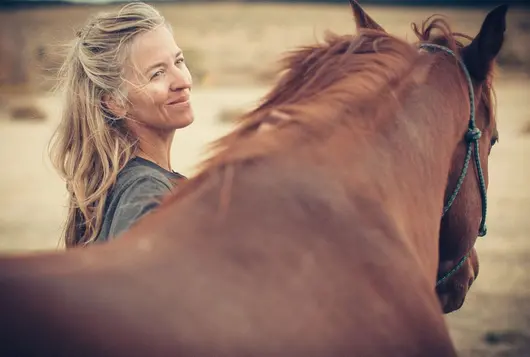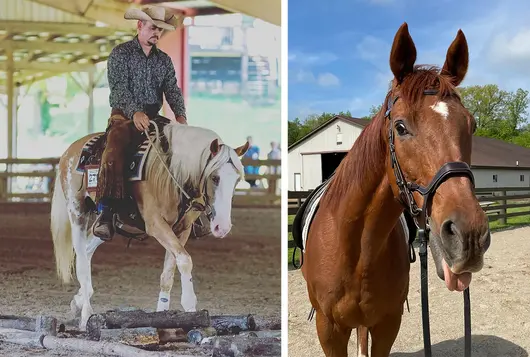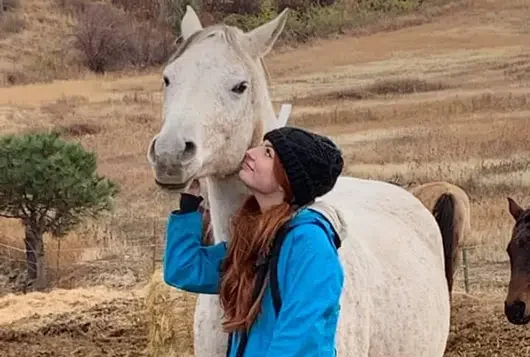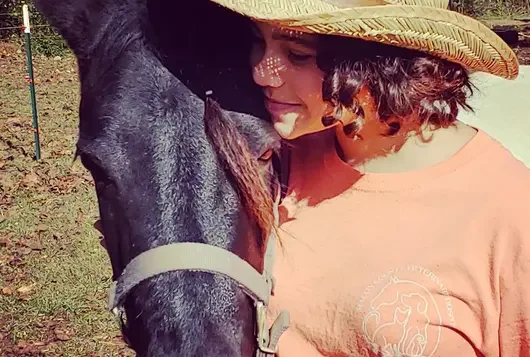They Did It: Discovered How to Find Homes for “Hard to Adopt” Equines
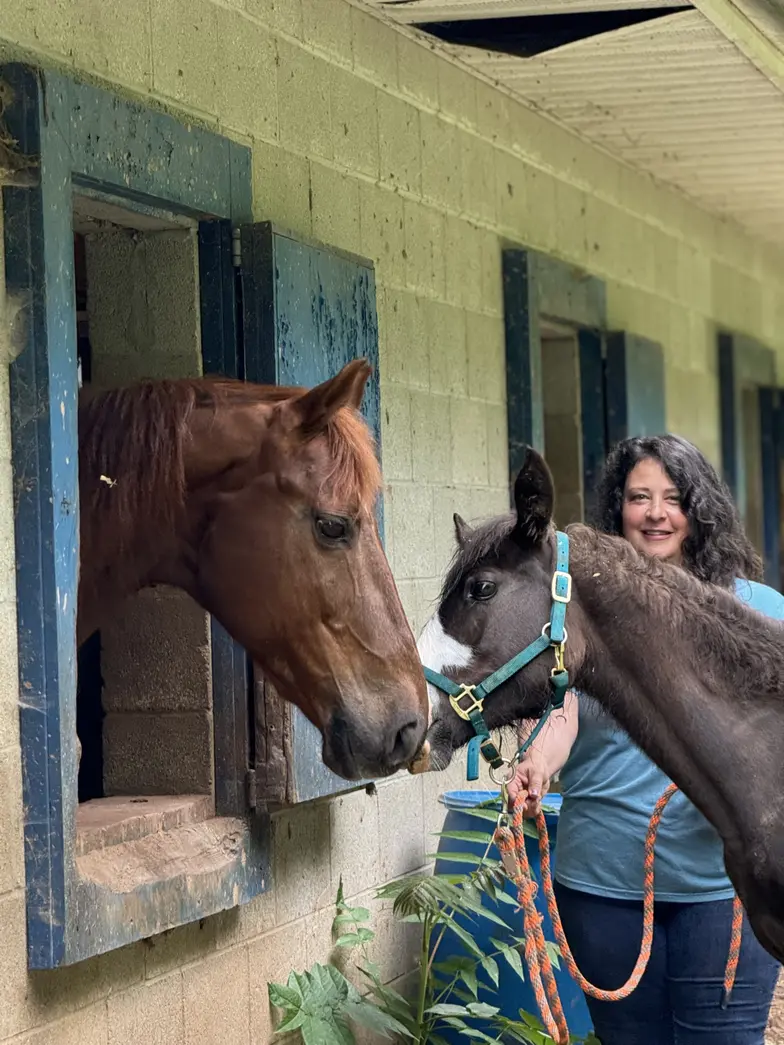
WHO:
Nicky Walters from West Virginia Horse Network
DID WHAT:
Developed a process to ensure that companion horses find loving homes and challenging the idea that these horses are “hard to adopt.”
ASPCApro: What type of horses do you work with most frequently?
Walters: We tend to work with senior horses, small ponies and companion horses. A lot of that has to do with the fact that our volunteer base is most qualified to work with this type of horse. We don’t have a lot of trainers we work with, so it makes sense to take in horses that need creative marketing.
ASPCApro: Do you find that companion horses are harder to adopt?
Walters: Actually, we see the exact opposite! For example, at Equine Affaire this past year, our one registered and rideable horse was the last to get adopted. Our 31-year-old blind Miniature Horse was adopted before him. It’s all about how you present these horses, engage the right audience and find the right people.
ASPCApro: How do you build that audience?
Walters: I think it comes with us truly loving the companion horses and seeing their value. It’s not even a strategy we’re applying, because we truly see their value. We say “why wouldn’t you want them? They’re amazing.” The horses sell themselves.
Aside from that, we host a variety of events to engage our target audience. We host “fun on foot” classes at a local horse show. The show traditionally didn’t have any in-hand classes, so we sponsor the class and invite everyone to come show their horses in-hand. It allows us to raise awareness and build a space for horses that aren’t riding horses. They can now get high-point awards and are showcased, and we’ve built a community. If you don’t want to ride for any number of reasons, you can still be a participant in the show community through these fun classes. We also host a fun show each October that’s heavy on in-hand obstacle classes.
"We realized it’s the horse’s personality that finds them a home more so than their pedigree or resume. We’ve found that’s what ultimately makes adopters fall in love with horses."
ASPCApro: How do you tell their stories?
Walters: Companion Chats is a social campaign we’ve started to help people understand what a companion horse is. We do different marketing strategies to reach new people who may not understand who these horses are and what they can do. I’ve told adopters’ stories and the things they’ve done with these amazing horses, and I’ve also featured the horses on a dedicated companion horse-focused Facebook page alongside horses from other rescue and adoption organizations.
We also go out and do interviews with different groups. We call it the “five questions” game and it’s meant to show off the horse’s personalities. They’re fun questions like, “if someone wrote a book about this horse’s life, what would it be called?” and “what’s their favorite treat?” This really helps show the horse off and allow remote and onsite adopters to make a connection.
With Companion Chats, I’ve been focusing on getting to know the personality of the horse. We realized it’s the horse’s personality that finds them a home more so than their pedigree or resume. We’ve found that’s what ultimately makes adopters fall in love with horses.
ASPCApro: How do you celebrate adopters for companion horses?
Walters: We do happy posts when they get adopted into a new home. These are some of our best performing posts on social media. People also love the update posts showing the horses thriving in their new homes because many people get invested in the horse’s outcome.
We also want to make our adopters feel special. We don’t want them to feel like they got a consolation prize for getting a companion horse. In our mind, they got the prize by adopting a wonderful horse. But we do make gift bags with vet wrap and hoof picks to go home with. Often times, companion horses go to first-time horse owners, so they find these items really useful. When horses were adopted at Equine Affaire this year, we also made medals to celebrate the fact that they adopted a companion horse there. The adopters loved receiving the medals and it made the adoption even more special.
ASPCApro: Why are companion horses easier to adopt?
Walters: I think why some groups have an easier time adopting out non-riding horses is because the expectations are different. There’s a longer checklist when someone is looking for a riding horse from a health, fitness and suitability perspective. It’s not that the companion horse is harder to adopt; it’s just different information that needs to be presented to different audiences. It’s not harder; it’s different.
We have lots more on this subject:

